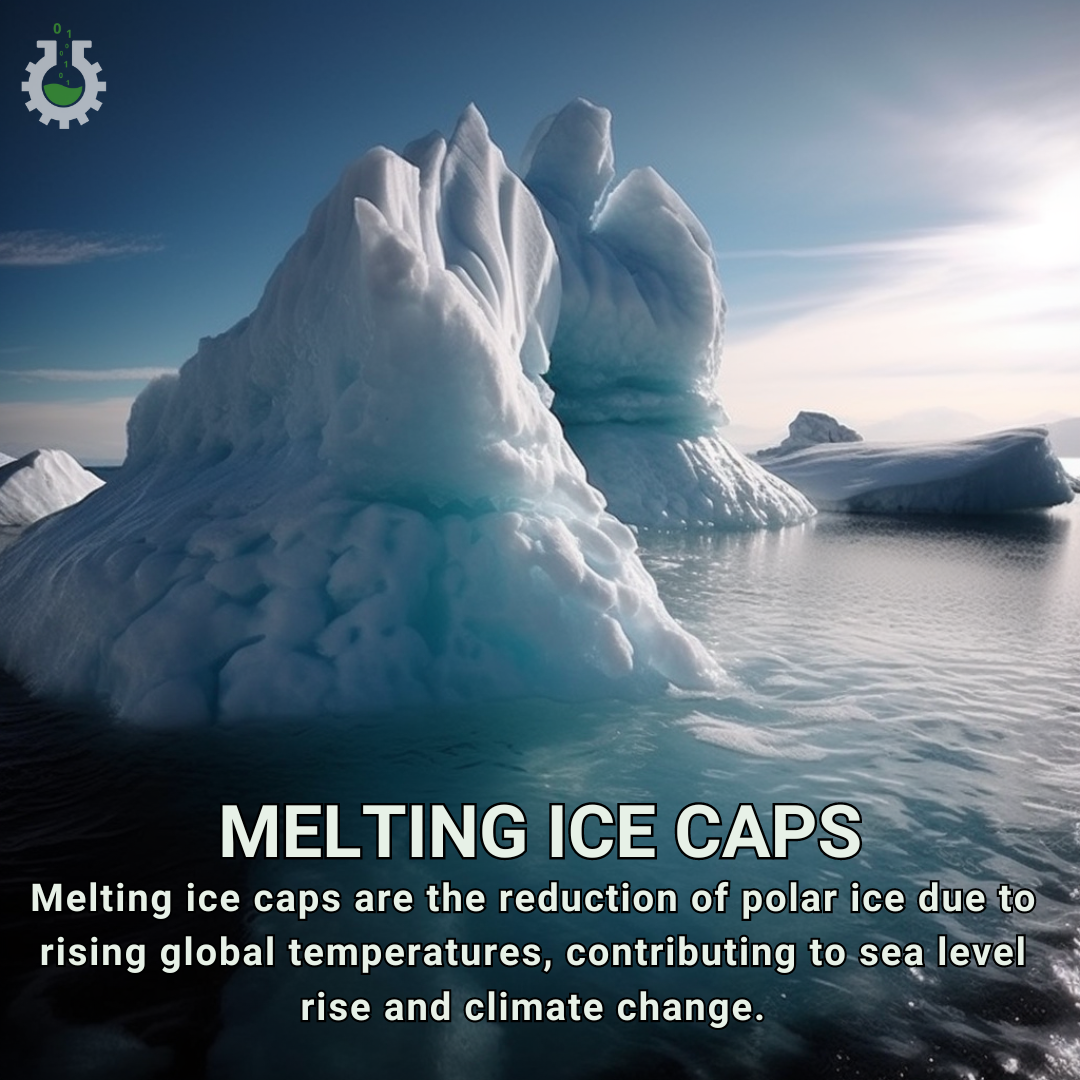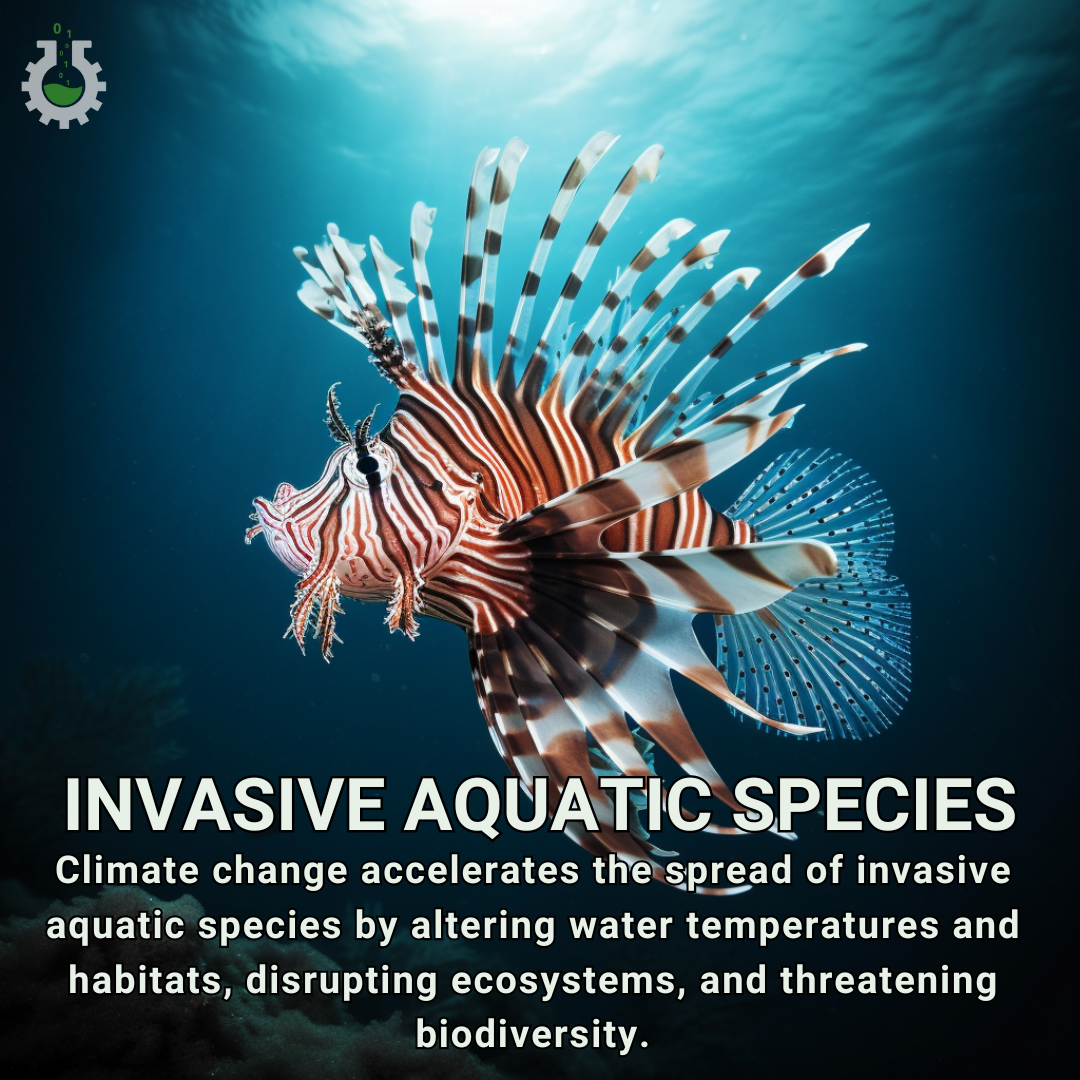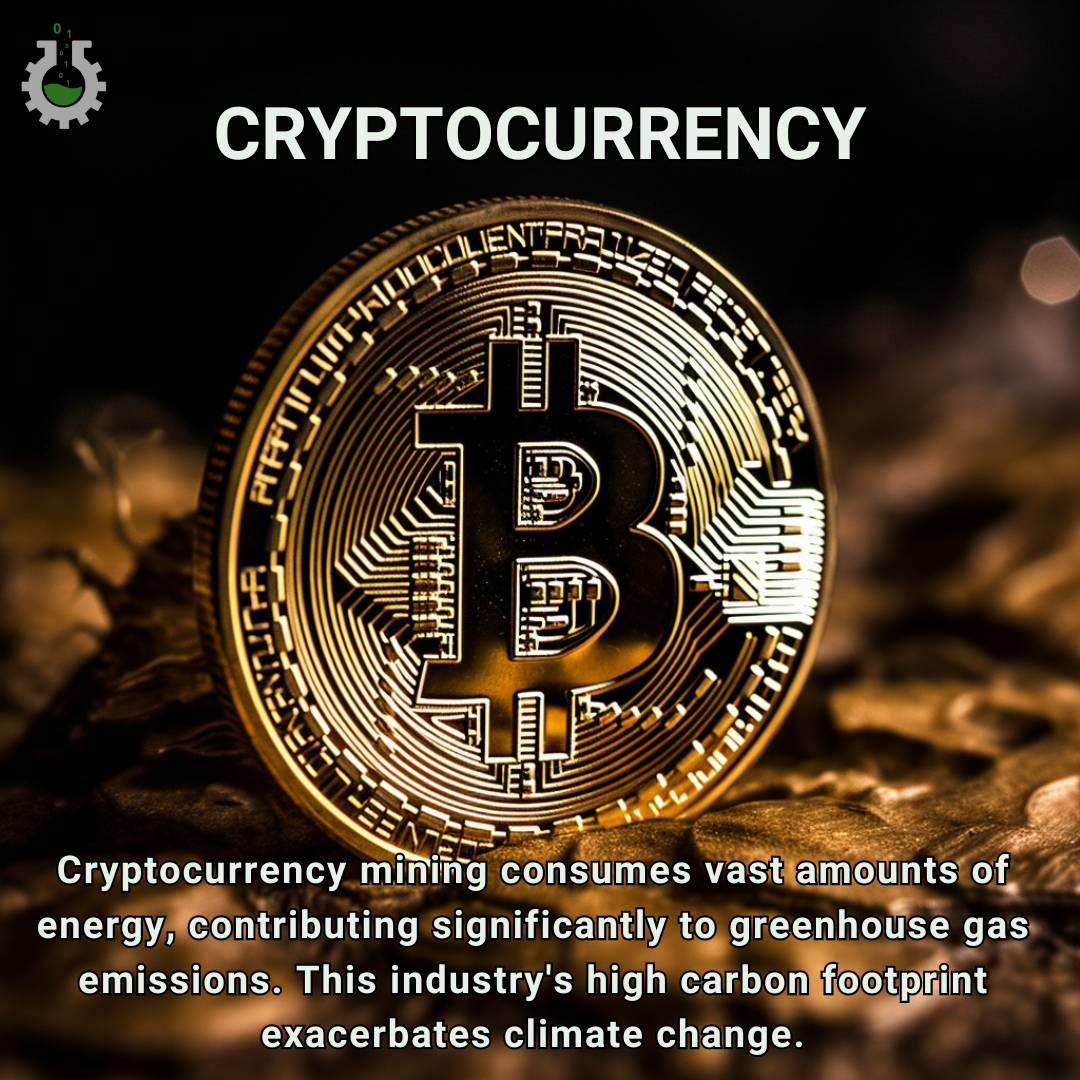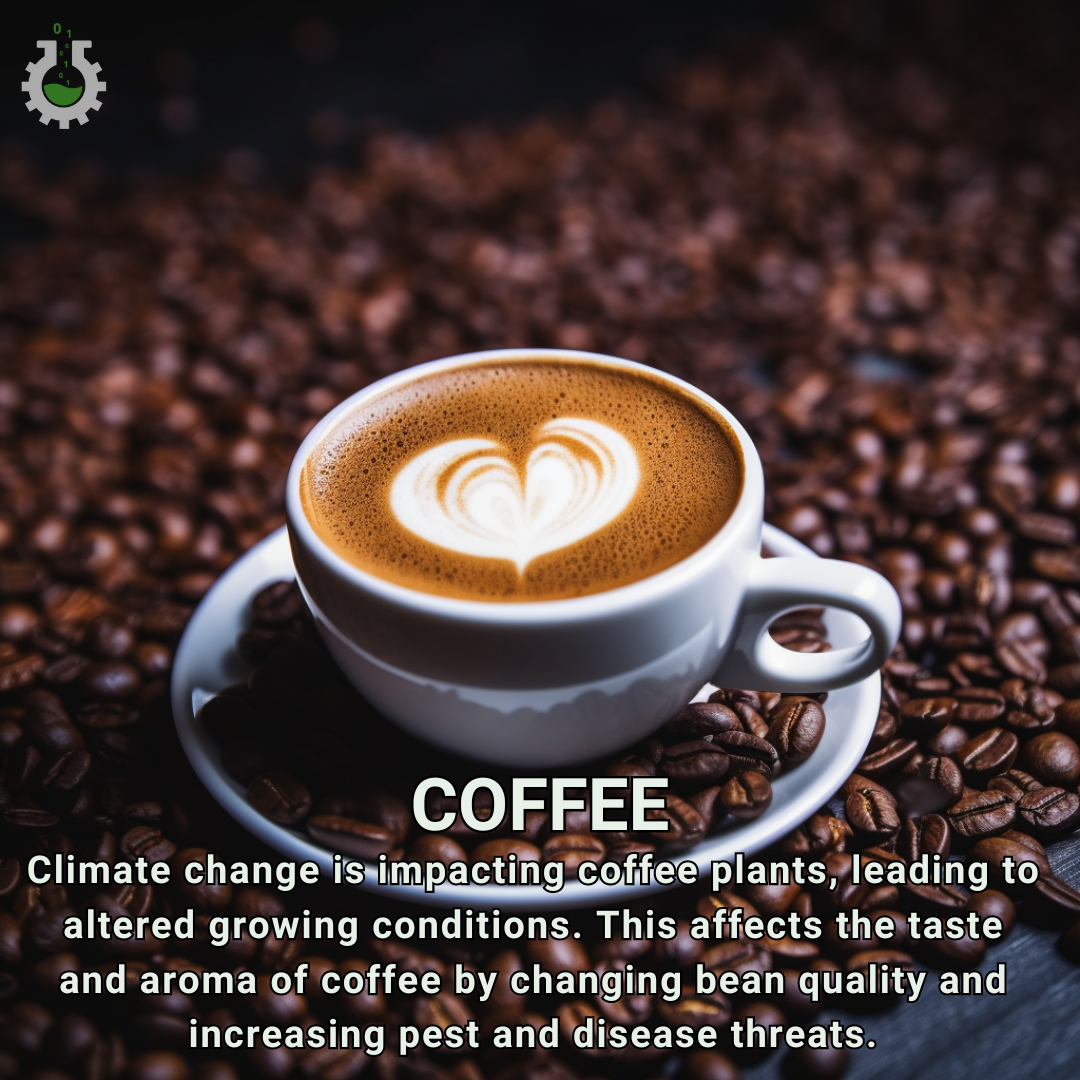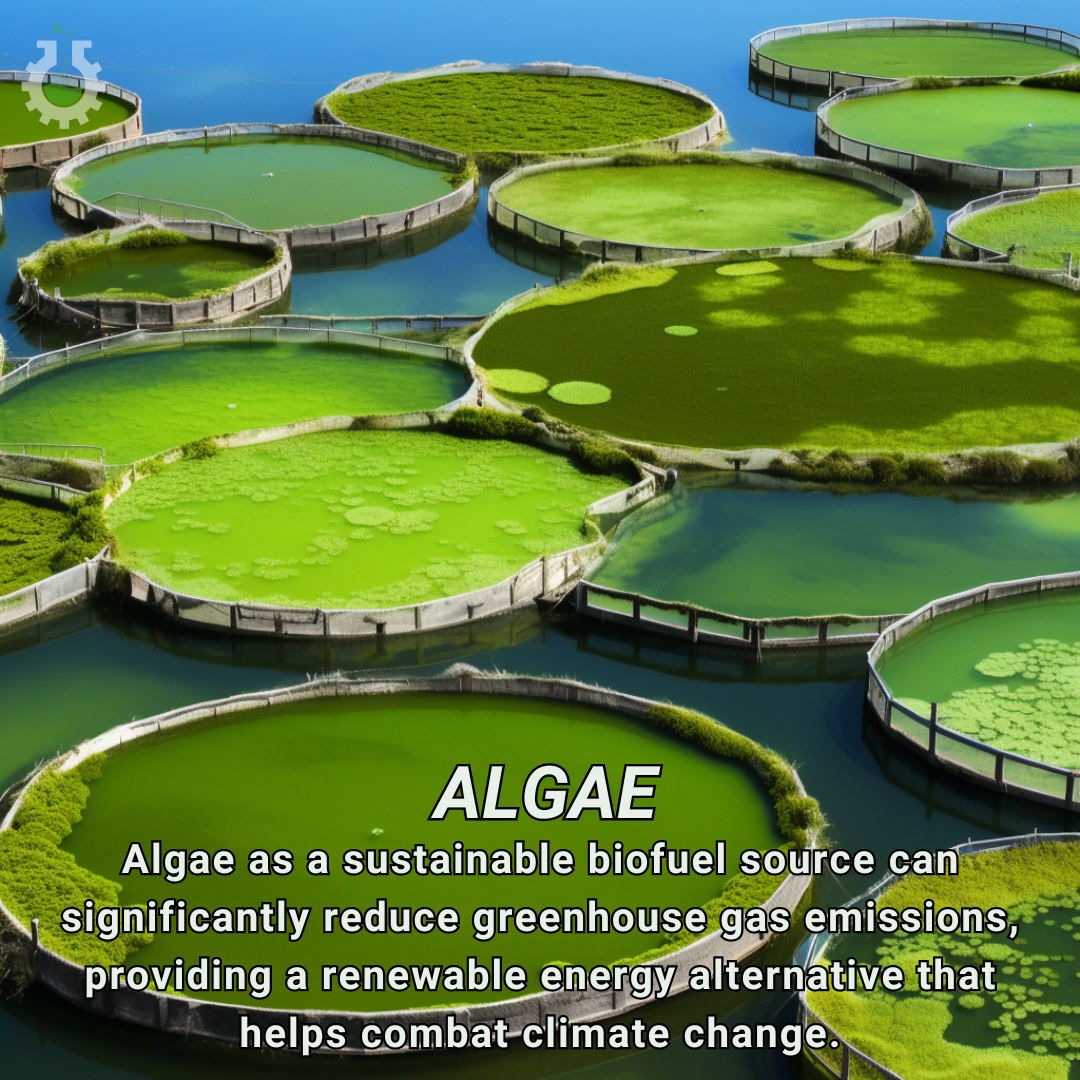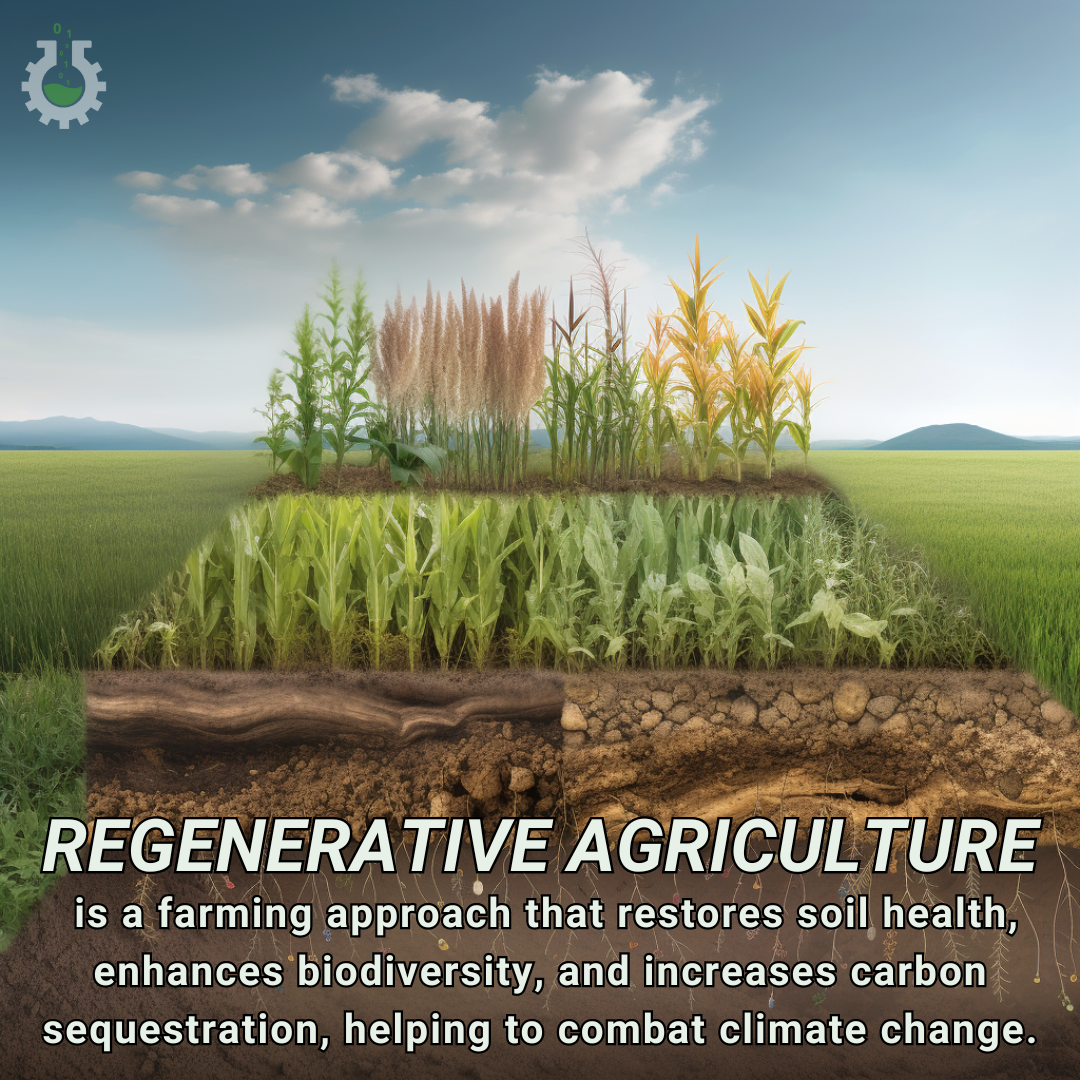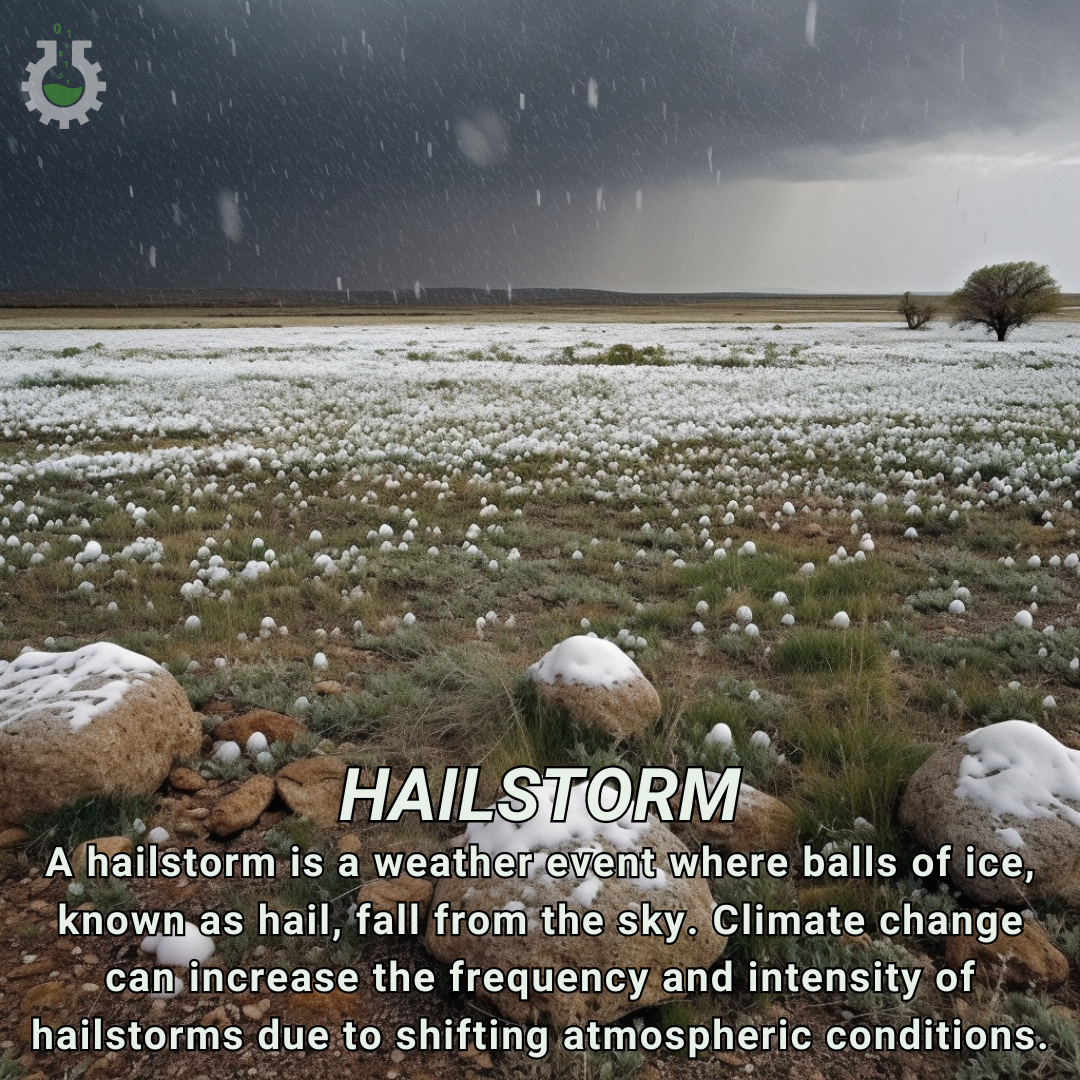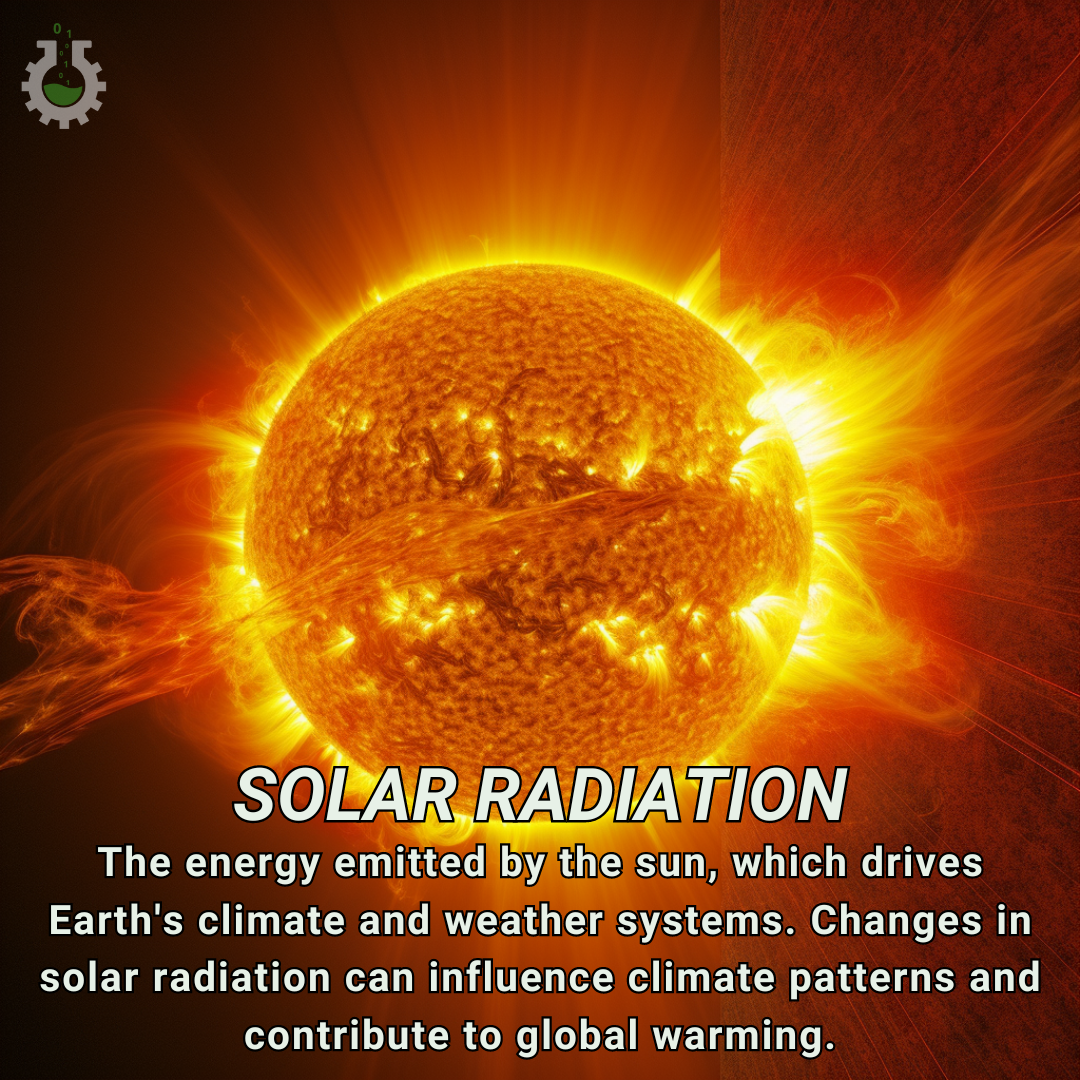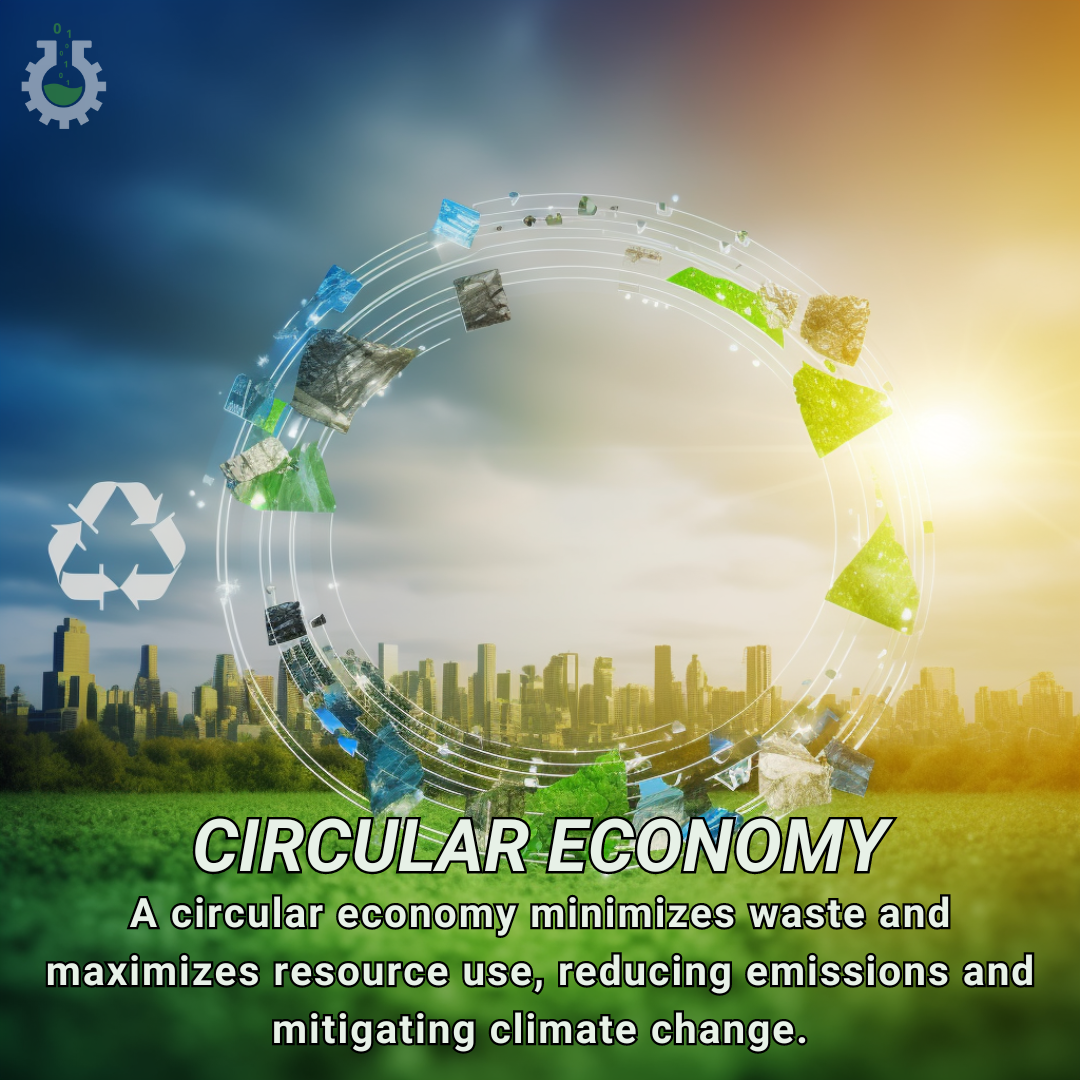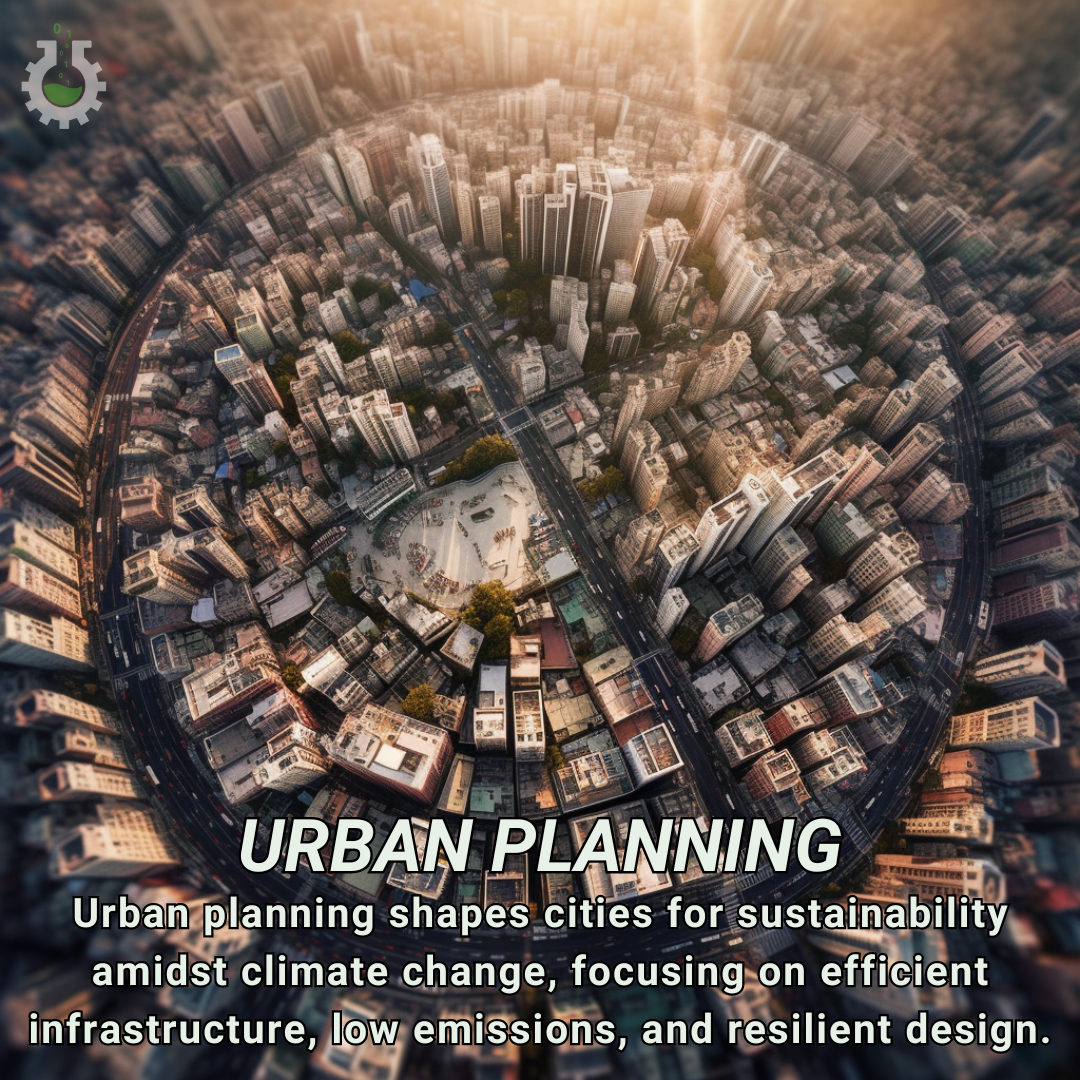Melting ice caps are the reduction of polar ice due to rising global temperatures, contributing to sea level rise and climate change.
Climate change accelerates the spread of invasive aquatic species by altering water temperatures and habitats, disrupting ecosystems, and threatening biodiversity.
Cryptocurrency mining consumes vast amounts of energy, contributing significantly to greenhouse gas emissions. This industry’s high carbon footprint exacerbates climate change.
Regenerative agriculture is a farming approach that restores soil health, enhances biodiversity, and increases carbon sequestration, helping to combat climate change.
Solar Radiation is the energy emitted by the sun, which drives Earth’s climate and weather systems. Changes in solar radiation can influence climate patterns and contribute to global warming.
A circular economy is an economic system aimed at eliminating waste and continually using resources. It reduces greenhouse gas emissions by minimizing resource extraction, production, and disposal, thereby mitigating climate change.
Urban planning is the process of designing and organizing cities and communities to accommodate growth, development, and sustainability. It encompasses land use, infrastructure, transportation, and public amenities. In the context of climate change, urban planning plays a crucial role in mitigating its effects by promoting sustainable development, reducing greenhouse gas emissions, enhancing resilience to extreme […]


